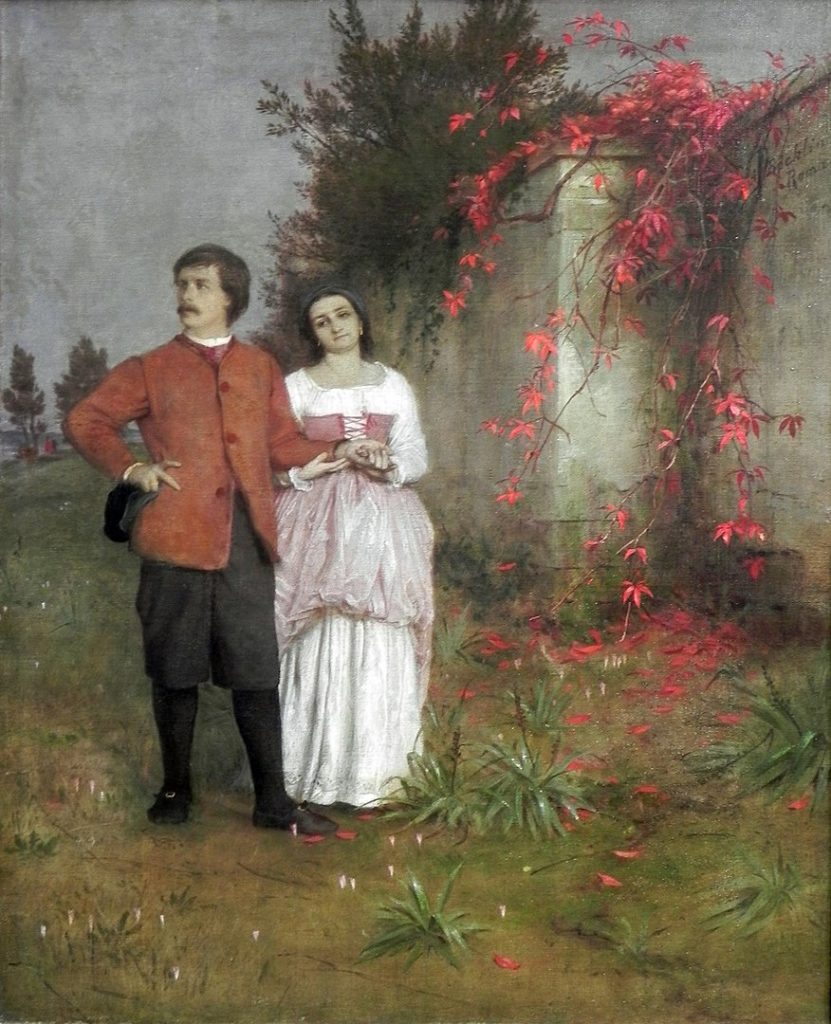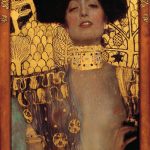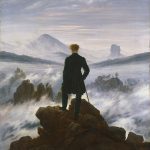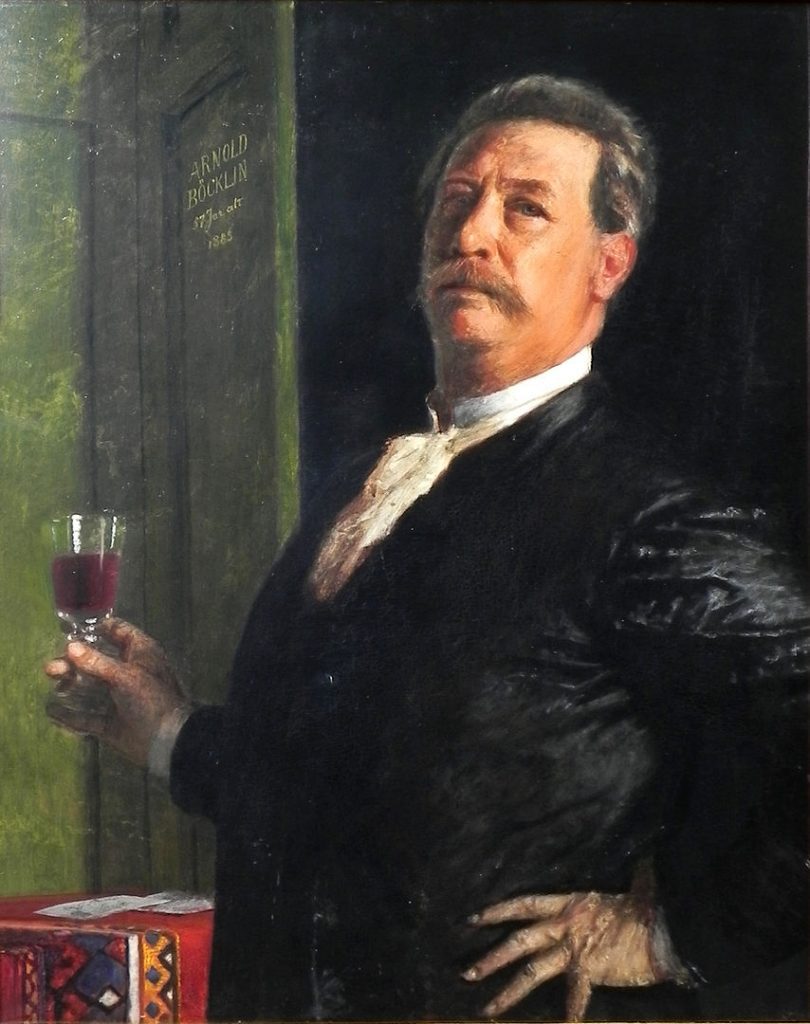
Arnold Böcklin (1827–1901) was a Swiss symbolist painter associated with the Symbolist and Romantic movements. He is best known for his imaginative and often mysterious paintings, which often feature mythological or fantastical themes. Böcklin’s work had a significant influence on later symbolist and surrealist artists.
- Early Life and Education: Arnold Böcklin was born on October 16, 1827, in Basel, Switzerland. He showed an early interest in art and began his formal training at the Düsseldorf Academy in Germany. Later, he studied in Antwerp and Paris, where he was exposed to a variety of artistic influences.
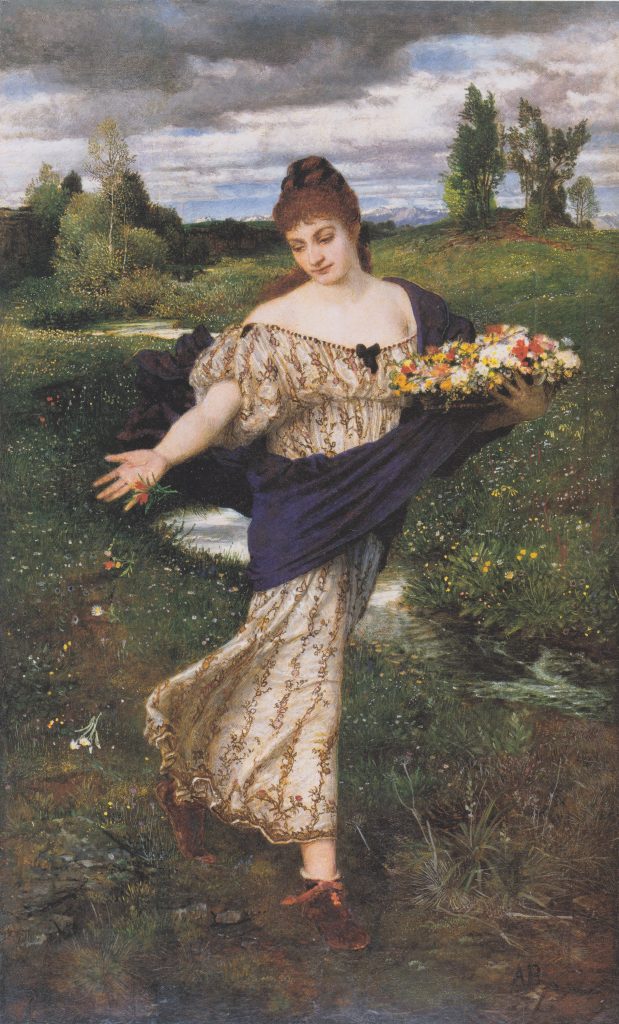
- Symbolist Themes: Böcklin’s paintings are characterized by dreamlike, symbolic, and often mystical themes. He drew inspiration from mythology, legends, and allegory. One of his most famous series of paintings is the “Isle of the Dead,” which depicts a mysterious, rocky island surrounded by dark waters and symbolizes the theme of mortality.
- Return to Nature: Böcklin was known for his fascination with nature, and this is evident in many of his works. His landscapes often combine elements of the real and the fantastical, creating dreamscapes that blur the line between reality and imagination.
- Influence on Symbolism and Surrealism: Böcklin’s symbolic and fantastical style had a profound impact on the Symbolist movement that emerged in the late 19th century. His influence can also be seen in the Surrealist movement of the 20th century, with artists like Max Ernst expressing admiration for his work.
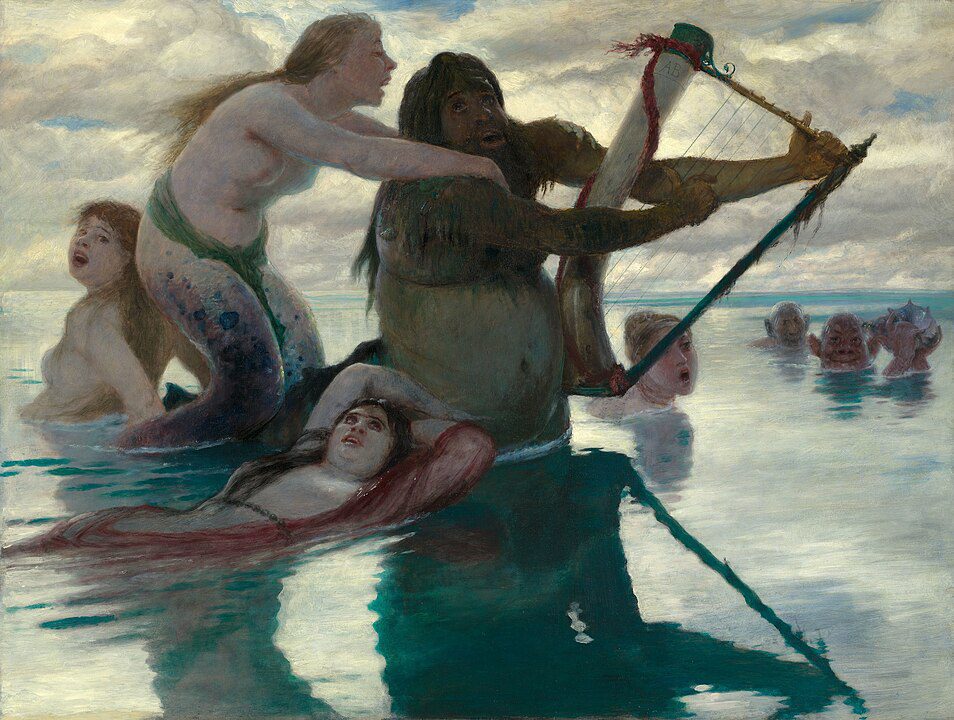
- Career in Germany: Böcklin spent a significant part of his career in Germany, particularly in Munich. He gained recognition for his unique artistic vision, and his work found patrons among the German artistic and intellectual elite.
- Later Years: In the later years of his life, Böcklin’s health declined, and he faced financial difficulties. However, he continued to paint and received some recognition for his contributions to the arts.
- Legacy: Arnold Böcklin’s work has left a lasting impact on the history of art, particularly in the realms of symbolism and fantasy. His influence extends to later artists, including the Surrealists and various 20th-century painters who appreciated the dreamlike quality and imaginative themes present in his paintings.
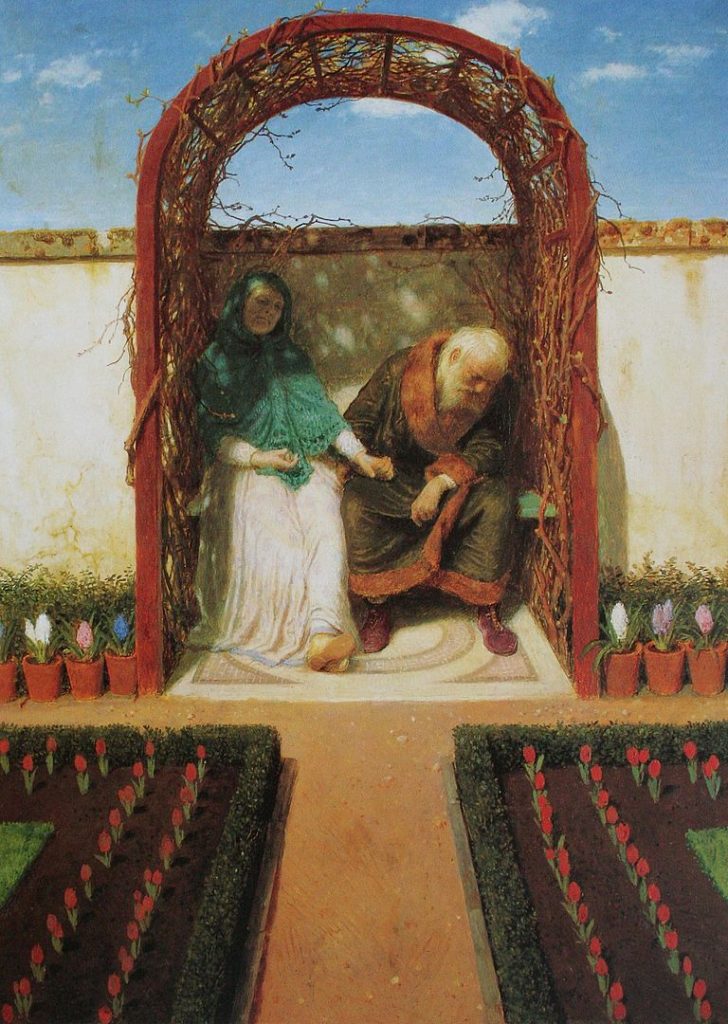
Arnold Böcklin passed away on January 16, 1901, in Fiesole, Italy. Despite facing some criticism during his lifetime, his paintings have since gained widespread acclaim and are considered important contributions to the Symbolist and Romantic traditions in art.
